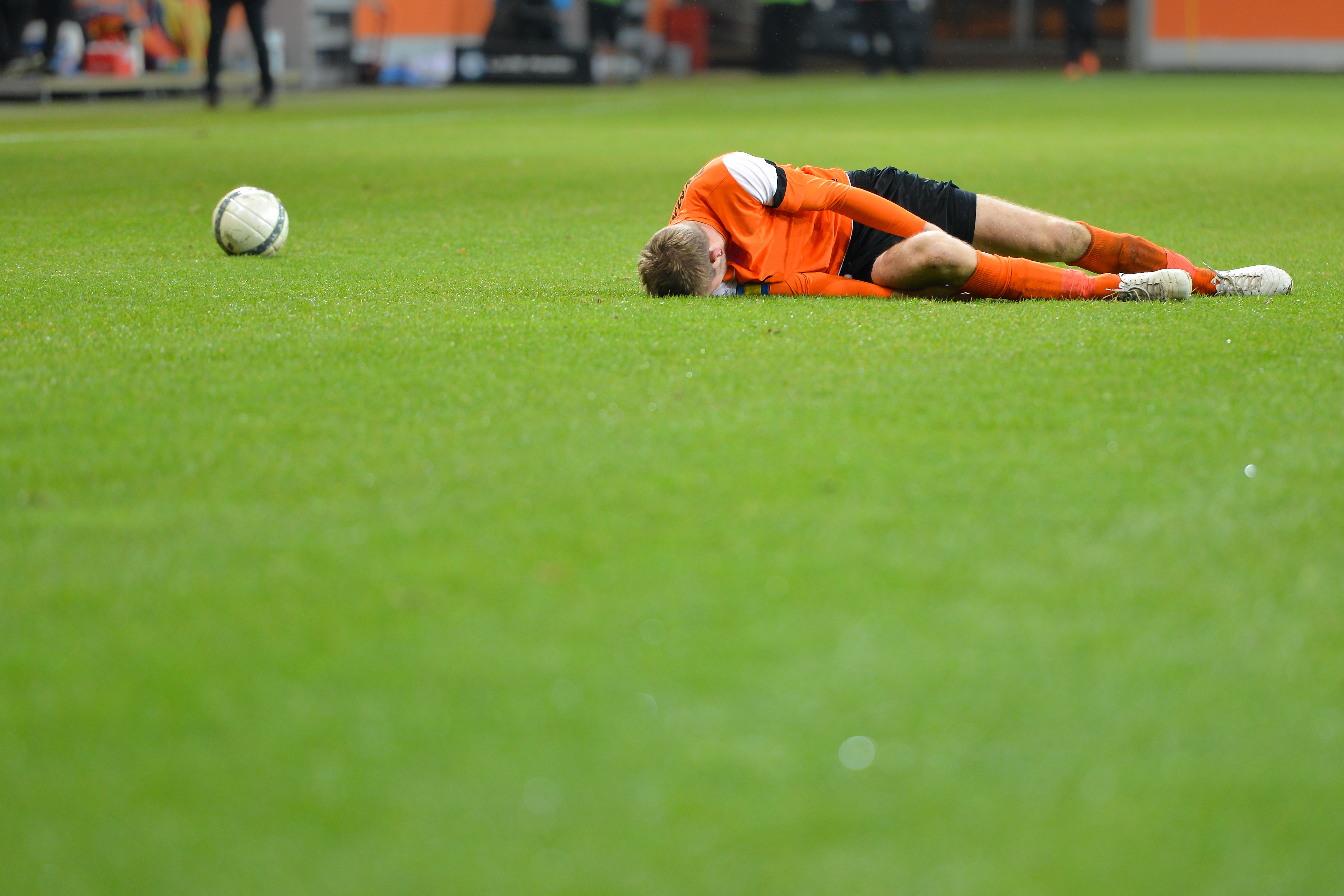Summer is a great time to be outside soaking up the warm weather and playing sports.
Picking up your favourite game like soccer or football can be great fun, but the fast pace and contact (intentional or unintentional) in these sports means it can be easy to get an injury while playing. A heading mishap or a bad hit could leave you with a concussion.
Reframe Health Lab, an educational health care resource has a guide to help guide you in knowing whether you’ve had a concussion and what to do next:
Concussions:
Concussions are a traumatic brain injury where the brain moves rapidly within the skull, causing bruising. They can be caused by a number of things, from falls to blows, and are followed by symptoms that can affect your physical abilities, thought abilities, emotions, and ability to sleep.
You can have suffered a concussion even if you didn’t lose consciousness, didn’t get a direct hit to the head and didn’t feel symptoms immediately. Getting hit elsewhere on your body can still shake your head and it can take up to 48 hours for symptoms to appear.
Signs and Symptoms:
There are a wide range of symptoms you should look for after a suspected concussion.
Physical symptoms can include headache, pressure in the head, neck pain, nausea/vomiting, dizziness, blurred vision, balance problems, sensitivity to light/noise, fatigue, drowsiness and trouble falling asleep.
There are also mental and emotional symptoms of a concussion including feeling slowed down, feeling in a fog, not feeling right, difficulty concentrating, difficulty remembering, confusion, being more emotional, irritability, sadness and nervousness/anxiousness.
Immediate Steps:
If you suspect you have a concussion you should immediately remove yourself from the game and rest.
If you experience a sudden change in symptoms or have severe headache/neck pain, repeated vomiting, seizure, slurred speech, confusion or unresponsiveness you need to go to the ER immediately because there may be a more serious problem that requires immediate attention.
However, even if you don’t have a sudden change in symptoms it’s a good idea to get a baseline assessment and general advice from a medical professional.
Going forward it’s important to take it easy by limiting stimulation, taking time off of work or school and using a diary to track what you do and how it feels. You can gradually build your activities back to what they were but being honest about how you feel is important as others cannot see that you have a concussion.
Fast dial #1000 free from your cell and we’ll get you the support you need.






